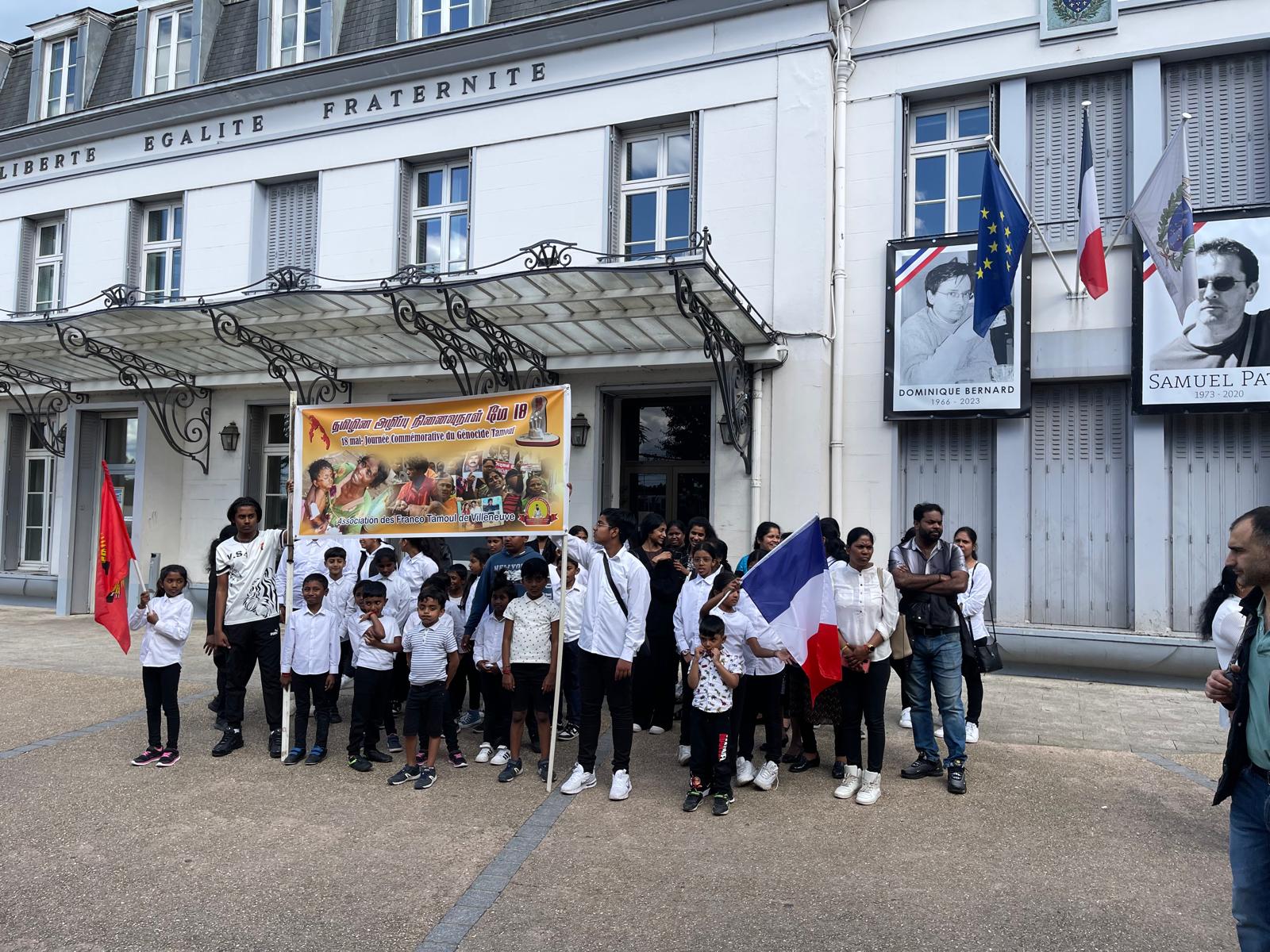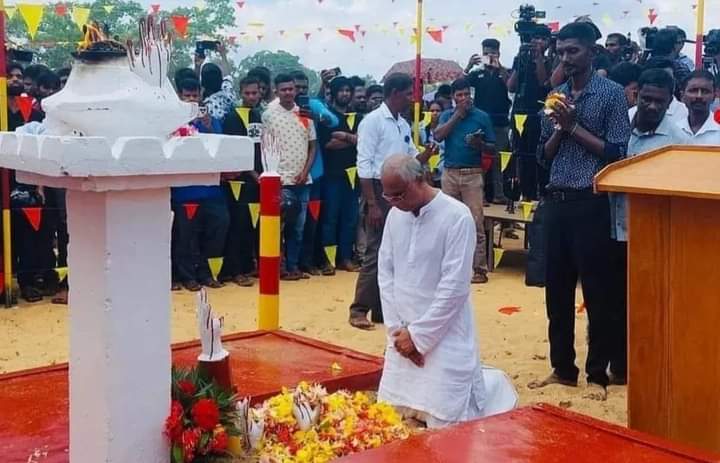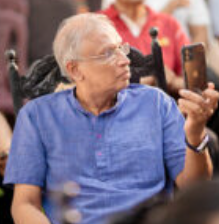Tamils hold protests as Sri Lanka’s president visits North-East
.png)
Sri Lankan president Ranil Wickremesinghe’s visit to the North-East was marked by protests from Tamils who continue to demand justice for enforced disappearances and the release of military occupied land.
Protests took place in both Vavuniya and Mullaitivu, as Wickremesinghe commenced his tour of the Tamil homeland. Tamil journalists were reportedly barred from covering any of his engagements, despite holding government-approved media accreditation cards.
.jpg)
Tamil families of the disappeared raised black flags in protest over Wickremesinghe’s visit, adding that their years-long protests and search for loved ones have seen no progress under his government.
There was a heavy security presence as the women protested, with the families barred from entering the Vavuniya Hospital where Wickremesinghe was taking part in an event. Uniformed police officers and paramilitary can be seen ordering the women to move, as they staged their demonstration.
.jpg)
Wickremesinghe personally sparked outrage after he repeatedly claimed, without evidence, that the forcibly disappeared are “most probably dead”. Tamil families who have been searching for their loved ones slammed his remarks and have repeatedly insisted on the need for an international mechanism to investigate disappearances.
.jpg)
.jpg)
Also in Vavuniya, a group of Tamil preschool teachers staged a protest, demanding the government increase their monthly allowance of Rs. 6000.
“Even those who are earning Rs.60 000 a month are still struggling to make ends meet and to support their families, how can we make do with Rs.6000,” one of the preschool teachers told reporters.
.jpg)
“We also ask that the government absorb us into the government sector and fill the teaching vacancies. Preschools are significantly underdeveloped in this area and we ask that the government look at the infrastructure and develop them through the Ministry of Education.”
When Wickremesinghe visited Mullaitivu, he faced more demonstrations as Tamil protestors families from Keppapulavu demanded he release their lands which remain under military occupation.
.png)
The families were seen holding placards as they stood at the entrance to the Puthukkudiyiruppu Central College after they were prevented from going inside by Sri Lanka police. According to the President Media Division, Wickremesinghe was distributing 700 freehold land deeds across 04 Divisional Secretariat Divisions in the Vavuniya District and 05 Divisional Secretariat Divisions in the Mannar District as part of the “Urumaya” program.
.png)
Despite Wickremesinghe handing over land deeds, the families from Keppapulavu demanded to know why their lands were not slated for release when orders were issued back in 2016. To date, the lands remain under military occupation.
The families lamented that some of them own coconut estates, from which they eke out a living by selling them over time, that they have not been able to reach their lands since it is being occupied by the army. According to them are 171 acres belonging to 62 individuals remain under military control.
The families were briefly permitted to speak with the North Province Governor P.S.M Charles who reportedly said she would convey their concerns.
.png)
Wickremesinghe’s visit to the North-East comes just weeks after a report by the International Truth and Justice Project (ITJP) unveiled ongoing abuses against Eelam Tamils by Sri Lankan authorities, including torture and rape under the present government.

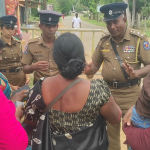

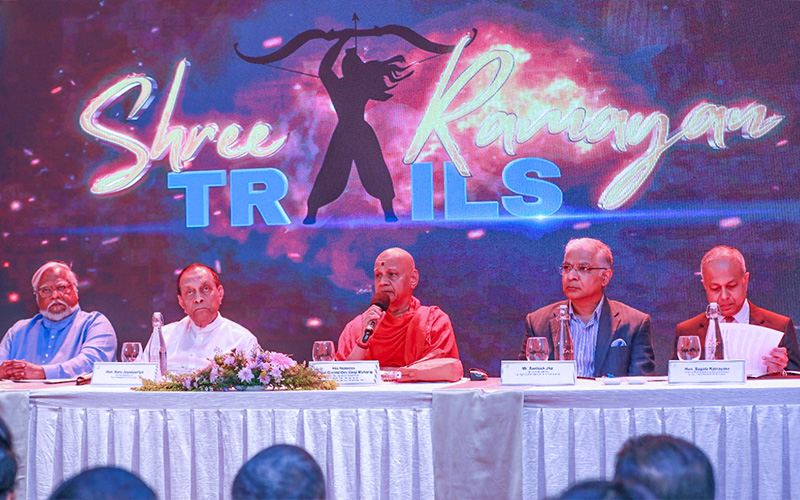
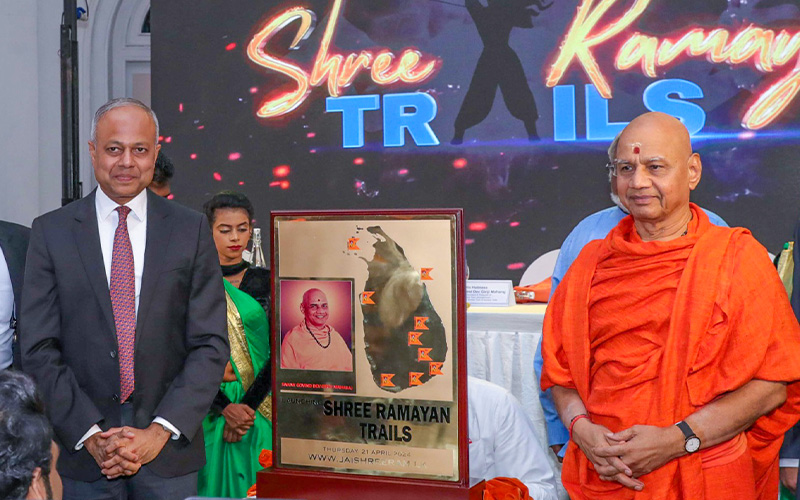

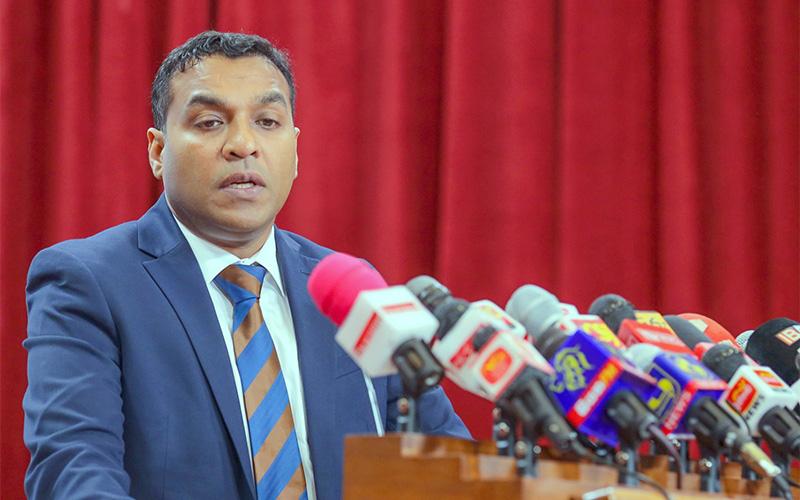



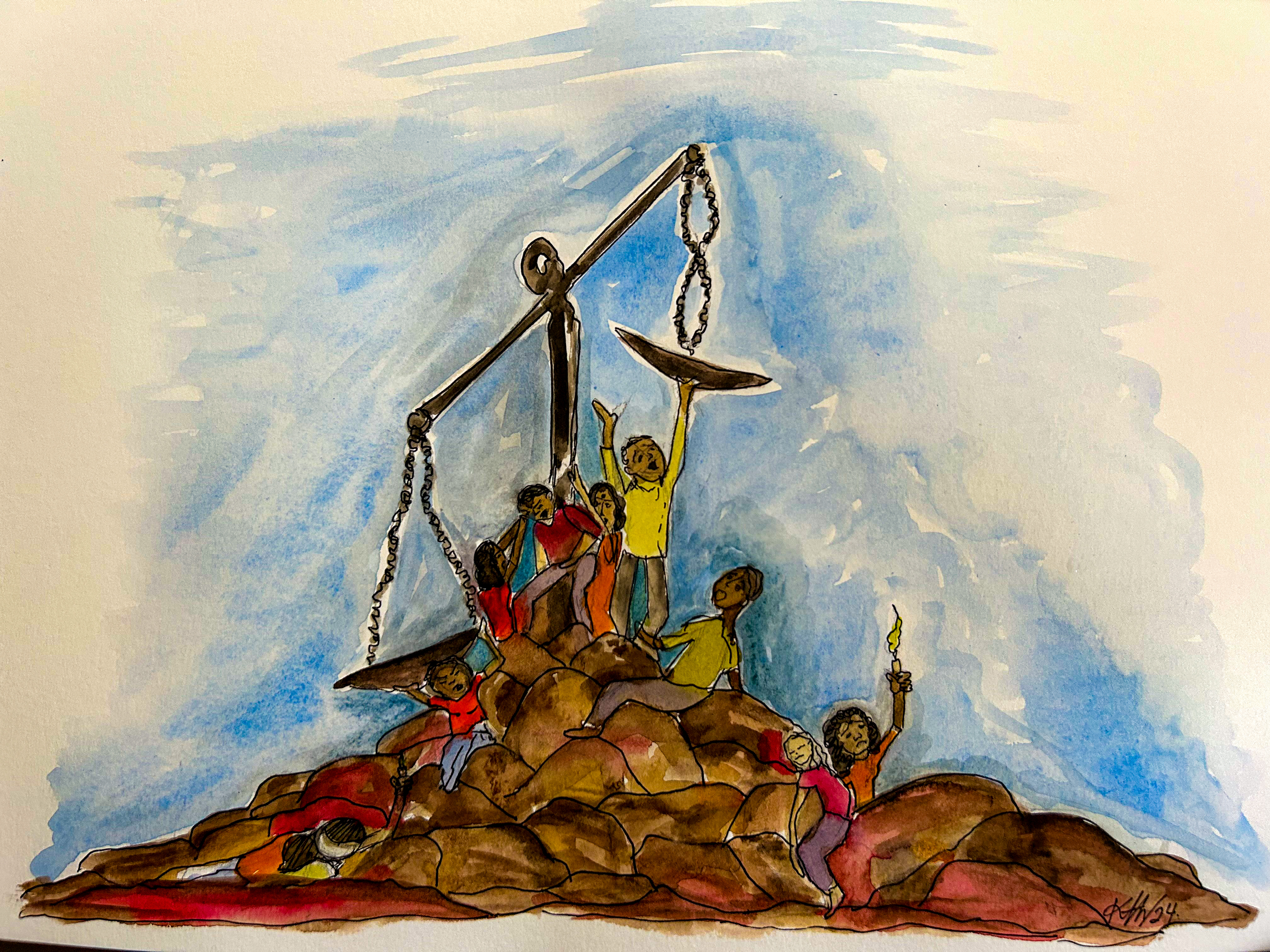

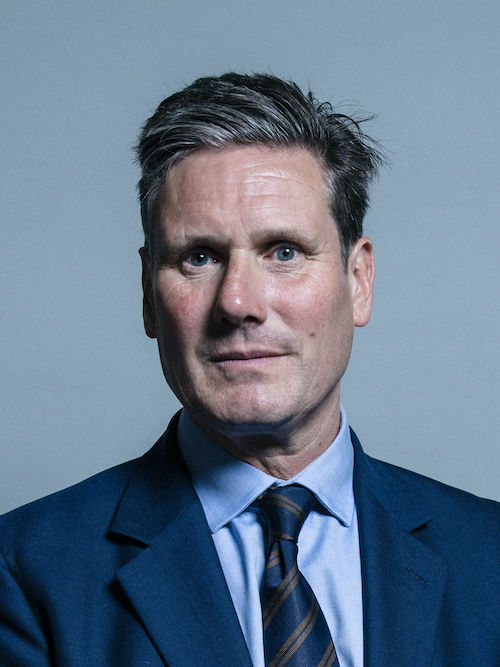
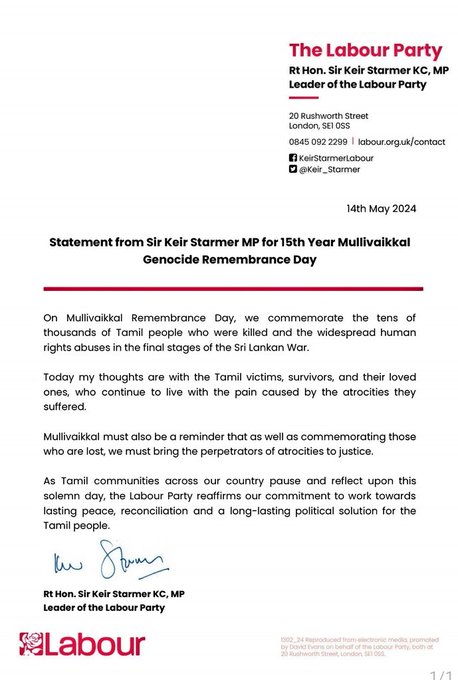


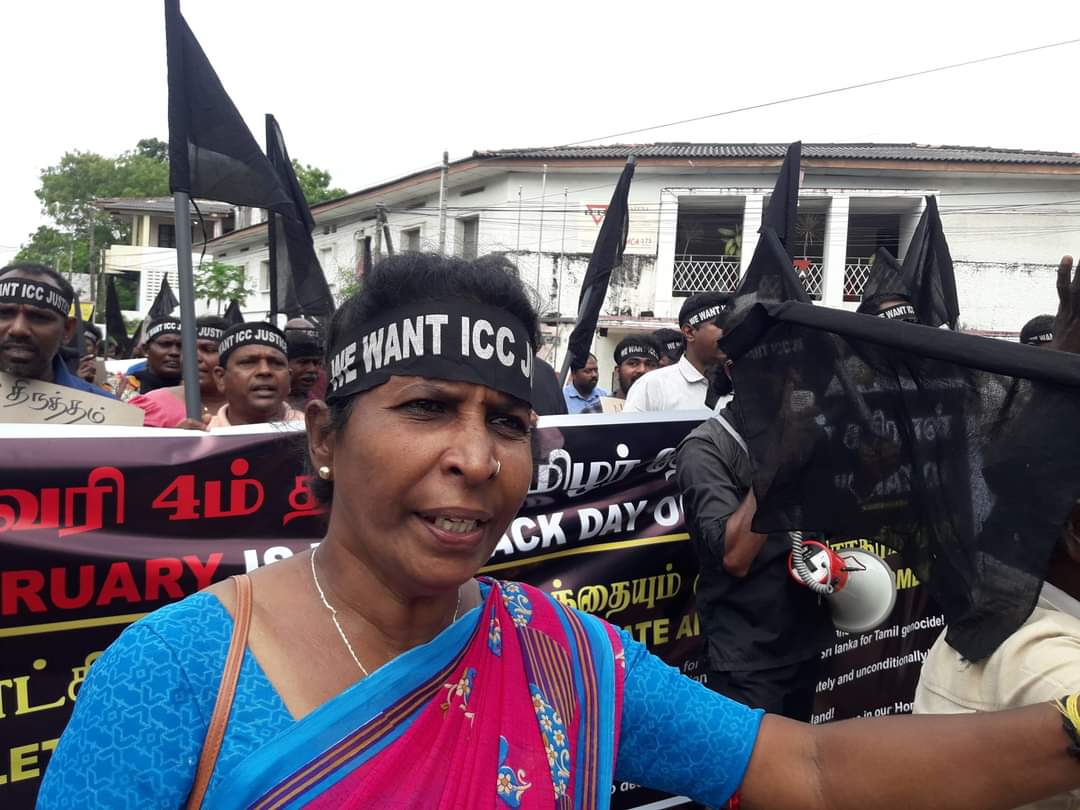

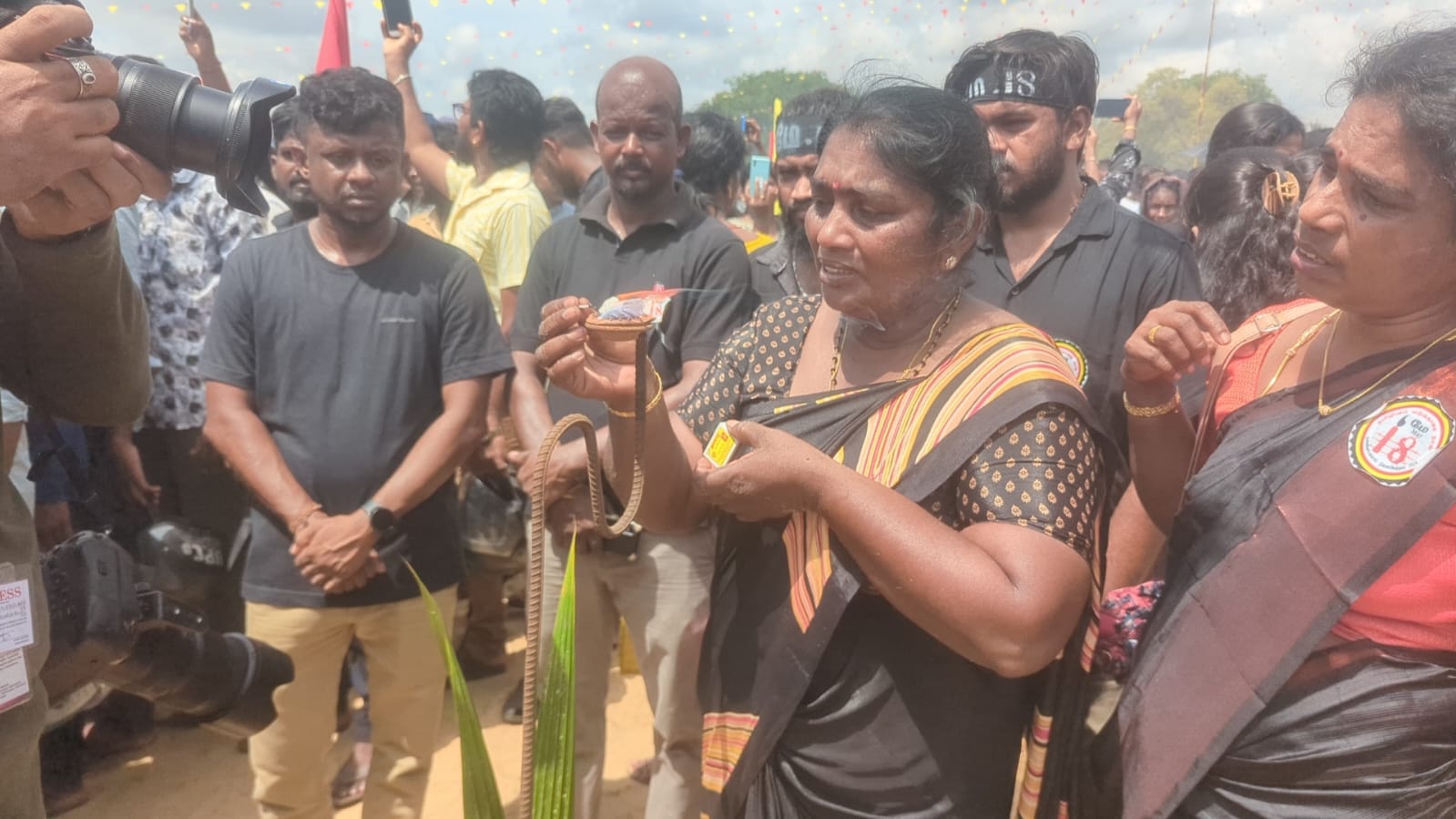

.jpeg)
.jpeg)
.jpeg)
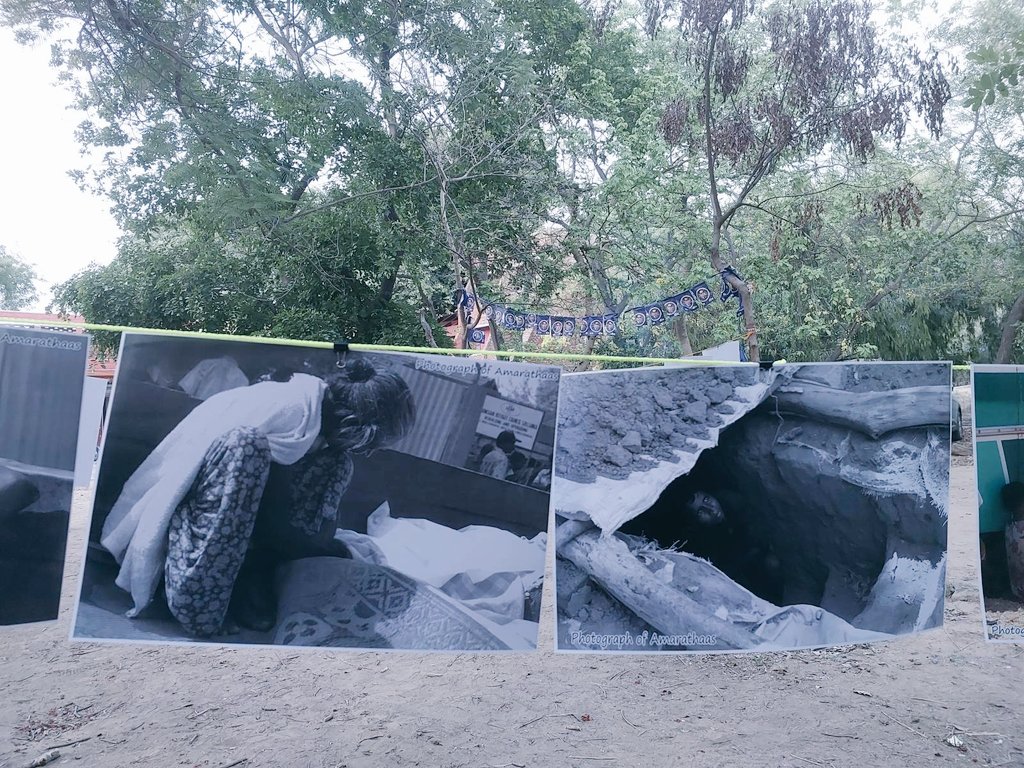
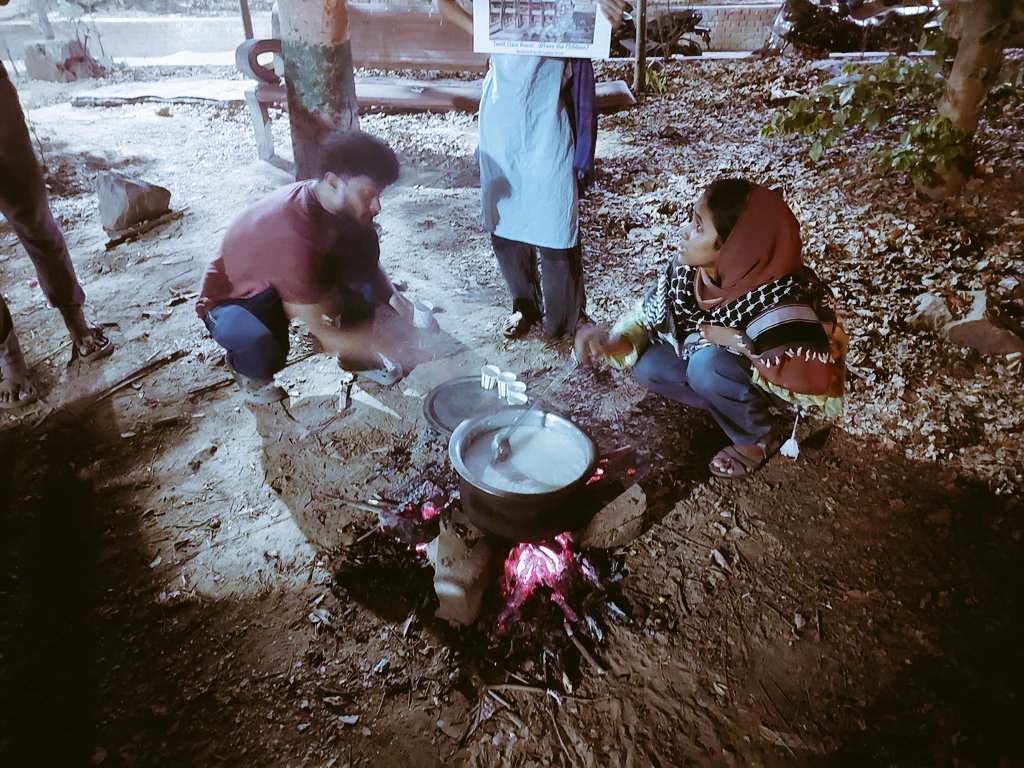
.jpeg)
.jpeg)

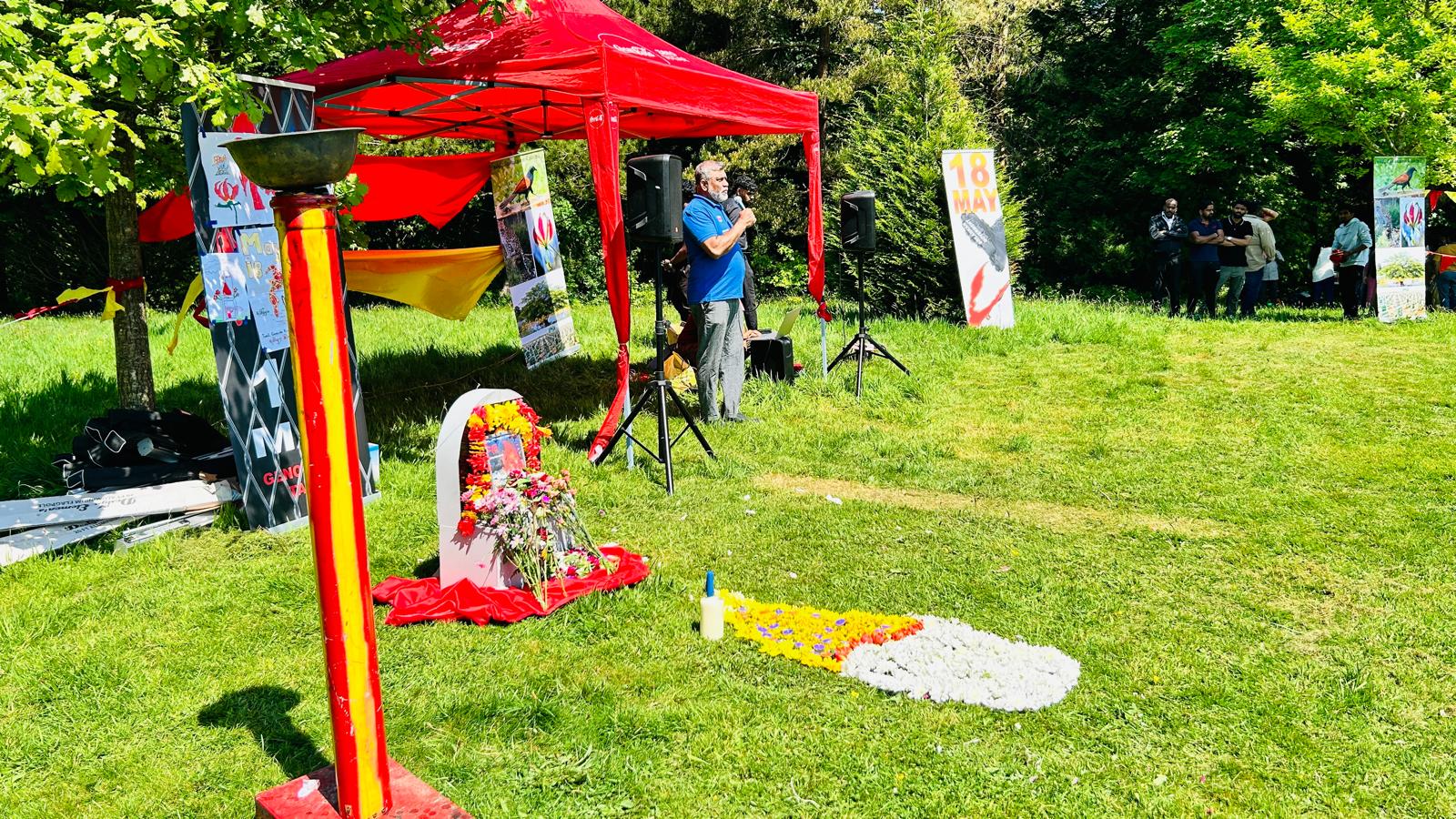
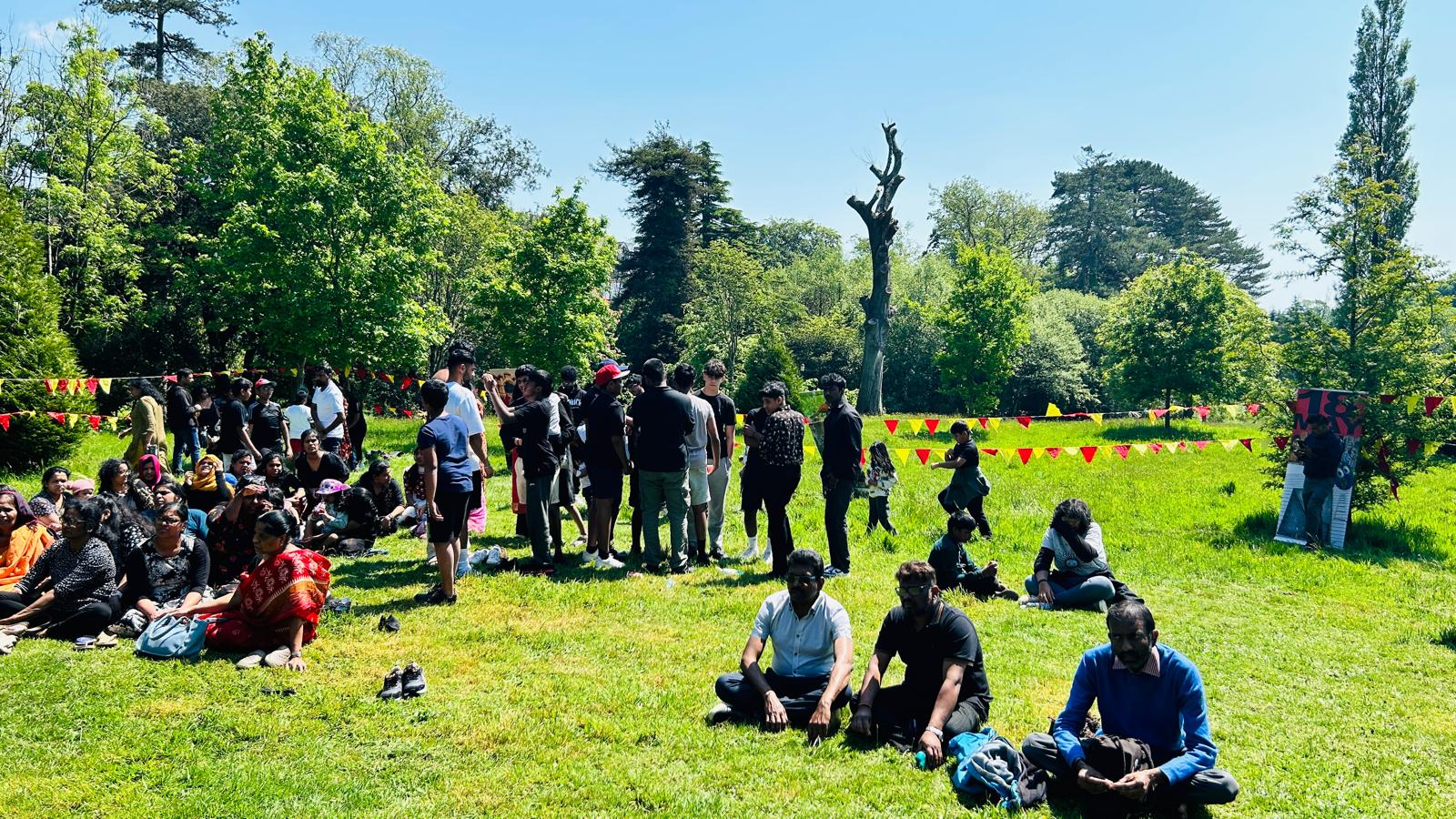

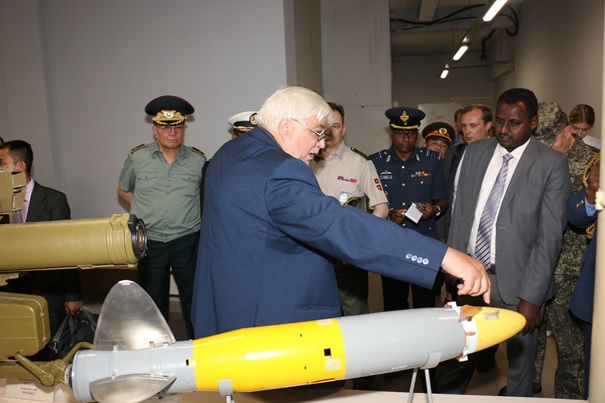

.png)
.png)
.png)
.png)

.jpeg)
.jpeg)
.jpeg)
.jpeg)
.jpeg)
.jpeg)
.jpeg)

.jpeg)
.jpeg)
.jpeg)
.jpeg)
.jpeg)
.jpeg)
.jpeg)
.jpeg)
.jpeg)
.jpeg)
